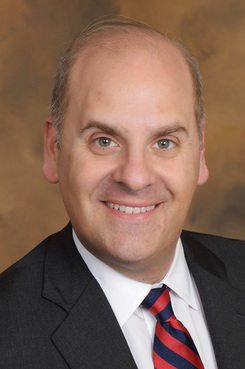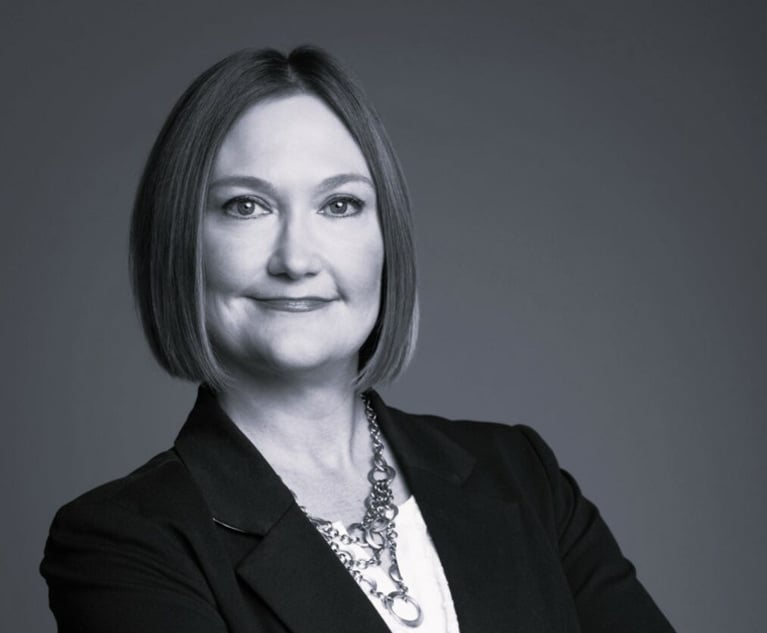Michael Ellenhorn, co-founder and general counsel of corporate intelligence provider Decipher Global, says too many law firms and in-house legal departments are making costly mistakes by hiring lawyers for high-level jobs without proper vetting.
Ellenhorn is a lawyer and an English solicitor who has worked over 20 years in businesses throughout Europe, the Middle East, North America and Asia. Prior to his career in executive search, Ellenhorn was a trial lawyer and legislative analyst for the U.S. Senate.











